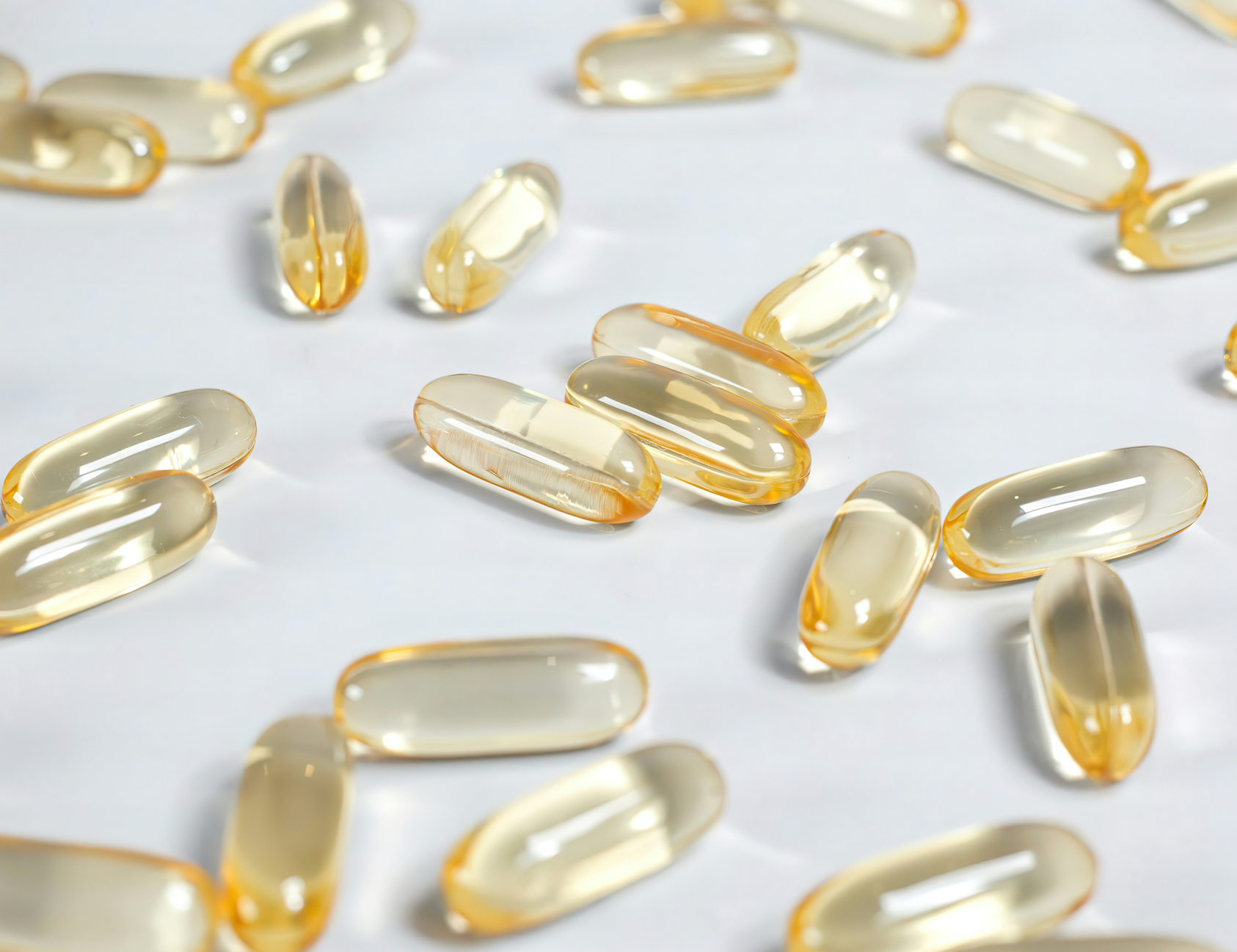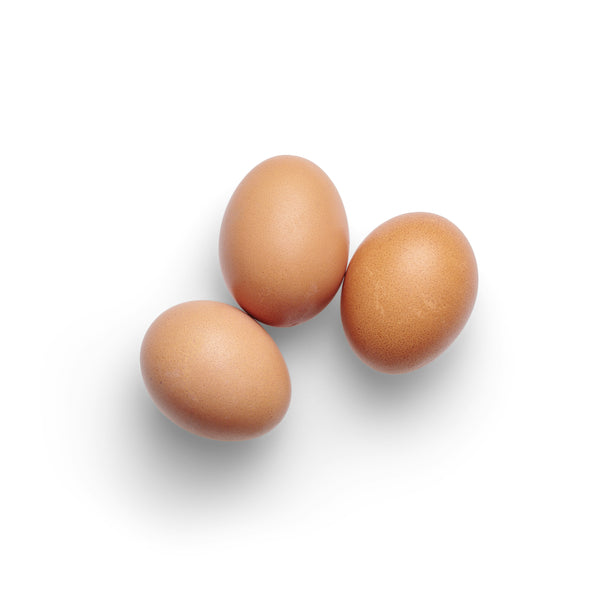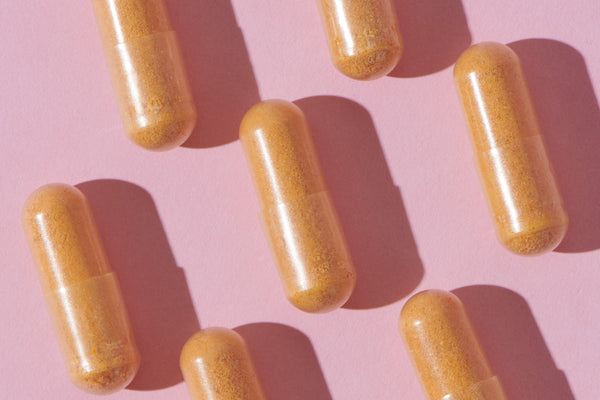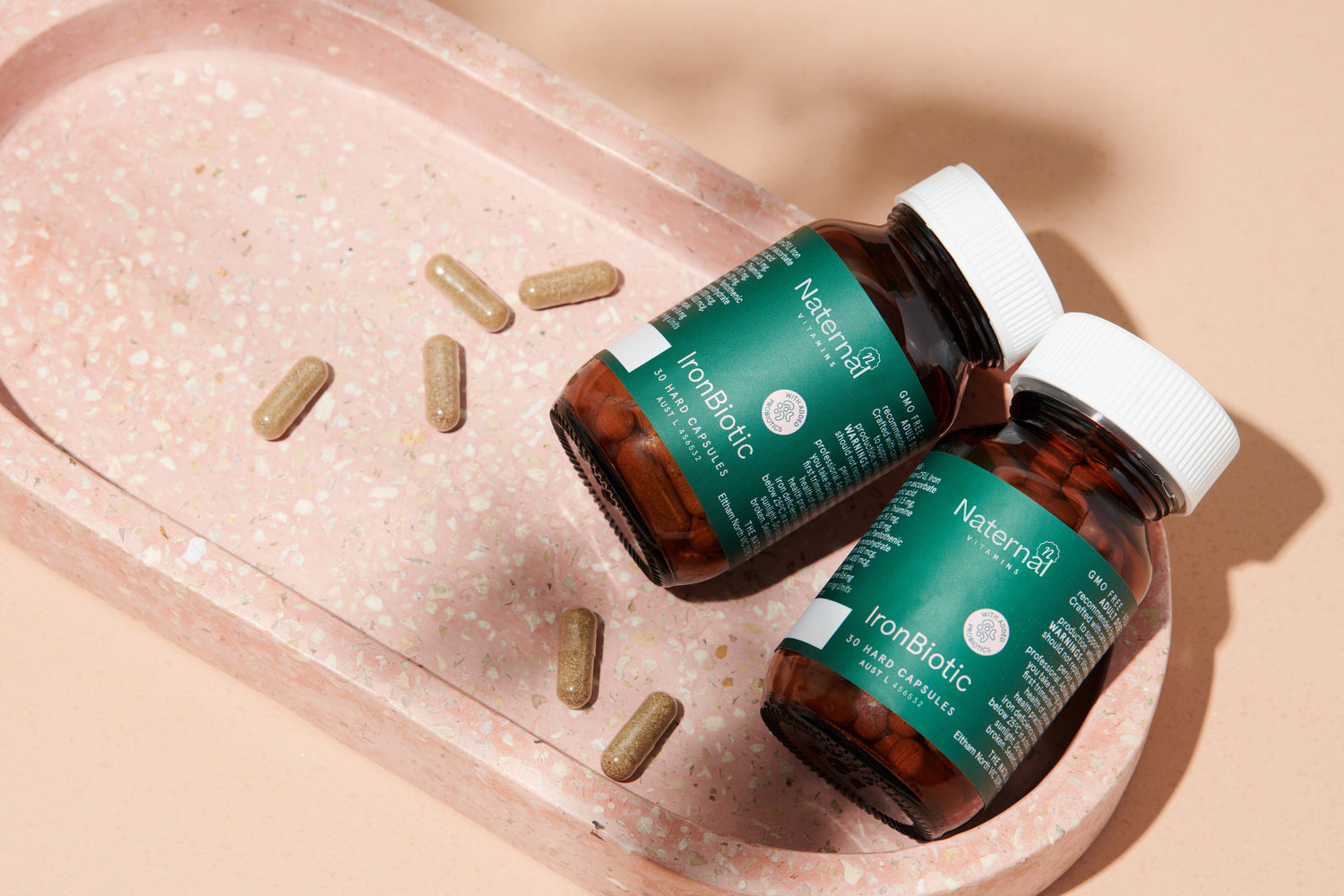Jump to:
What Your Prenatal Didn't Tell You About Fish Oil: The Hidden Risks Every Expecting Mother Should Know
You've done your research. You're taking your prenatal vitamins religiously. You're eating well, staying active, and doing everything "right" for your growing baby. But what if I told you that one of the most common ingredients in prenatal vitamins might actually be working against you?
Let's talk about fish oil in prenatal supplements - specifically, what the companies putting it in there aren't telling you.
The Fish Oil Marketing Machine
Walk down any supplement aisle, and you'll see prenatal vitamins proudly advertising "Contains DHA from fish oil!" like it's the gold standard of pregnancy nutrition. The marketing is compelling: omega-3 fatty acids are crucial for brain development, fish oil contains omega-3s, therefore fish oil in your prenatal is essential.
But here's where the story gets murky - literally.
The Rancidity Problem Nobody Wants to Discuss
Here's an uncomfortable truth about fish oil: it goes rancid. Fast.
Fish oil is highly susceptible to oxidation, which means it can spoil long before you even open the bottle. When fish oil oxidizes, it doesn't just develop that notorious "fishy" taste and smell - it actually becomes harmful to your health.
Rancid fish oil can:
- Increase inflammation in your body (the opposite of what you want during pregnancy)
- Generate free radicals that damage cells
- Cause digestive distress, nausea, and those infamous "fish burps"
- Potentially counteract the benefits you're trying to achieve
Now imagine this unstable oil sitting in a bottle with 20+ other ingredients for months on end. The minerals like iron can actually accelerate the oxidation process, making the problem worse. That prenatal you bought six months ago? The fish oil inside might have been working against your health for most of that time.
The Space Problem
Here's some math that might make you angry:
- Recommended DHA intake during pregnancy: 300-600mg daily
- Average DHA content in most prenatals: 50-100mg
- Why the difference? There's literally no room.
Prenatal vitamins are trying to cram folate, iron, calcium, B vitamins, vitamin D, and dozens of other nutrients into one or two capsules. Fish oil is bulky - much bulkier than most nutrients. When space is at a premium, guess what gets shortchanged?
The result? You're getting a homeopathic dose of DHA that's unlikely to provide the brain-building benefits you're counting on for your baby.
The Stability Nightmare
Fish oil doesn't play well with others - especially the other ingredients in your prenatal vitamin.
When fish oil is combined with:
- Iron: Can accelerate oxidation
- Calcium: Can affect absorption
- Other minerals: Creates potential interactions that reduce effectiveness
This isn't just theoretical chemistry - it's what's happening in your bottle right now. The longer these ingredients sit together, the more they break down and lose potency.
The Sustainability and Purity Concerns
Beyond the stability issues, there's the bigger picture to consider:
Ocean Depletion
The fish oil industry puts enormous pressure on marine ecosystems. Many fish populations are already stressed from overfishing, and the demand for fish oil continues to grow.
Contamination Risks
Our oceans aren't as clean as they used to be. Fish accumulate toxins from:
- Industrial pollution
- Agricultural runoff
- Microplastics
- Heavy metals (including mercury)
While fish oil manufacturers test for contaminants, "tested" doesn't mean "absent." It just means they've measured the levels.
There's a Better Way: Going Straight to the Source
Here's what changed my perspective entirely: fish don't make omega-3 fatty acids. They get them from algae.
Algae is the original source of DHA. It's where fish get their omega-3s in the first place. So why not skip the middleman and go straight to the source?
Algae-Based DHA Advantages:
- Naturally stable: Doesn't oxidise as quickly as fish oil
- Pure: No ocean contaminants or heavy metals
- Sustainable: Can be grown in controlled environments
- Concentrated: Can provide therapeutic doses without taking up massive space
- Gentle: No fishy taste, smell, or digestive issues
What This Means for Your Prenatal Choice
I'm not saying you should throw away your prenatal vitamins. Folate, iron, and other nutrients in quality prenatals are crucial for healthy pregnancy.
But I am suggesting you might want to rethink getting your DHA from fish oil mixed into your prenatal.
Consider:
- Taking your DHA separately in a high-quality, algae-based supplement
- Looking for prenatal vitamins without fish oil to avoid the stability issues
- Choosing algae-based omega-3s for purity and sustainability
The Bottom Line
Your prenatal vitamin company isn't trying to harm you. But they're working within the constraints of what's possible when trying to fit 15+ nutrients into a few capsules, often using the cheapest and most readily available forms of each nutrient.
Fish oil in prenatals made sense when we didn't know better. Now we do.
Your baby's brain development is too important to leave to chance - or to rancid fish oil sitting in a crowded bottle. You deserve better options, and thankfully, they exist.
Want to learn more about algae-based DHA and how it could support your pregnancy? Join our email list for science-backed nutrition insights that actually make sense for modern mothers.
This article is for educational purposes only and should not replace professional medical advice. Always consult with your healthcare provider before making changes to your supplement routine during pregnancy.






